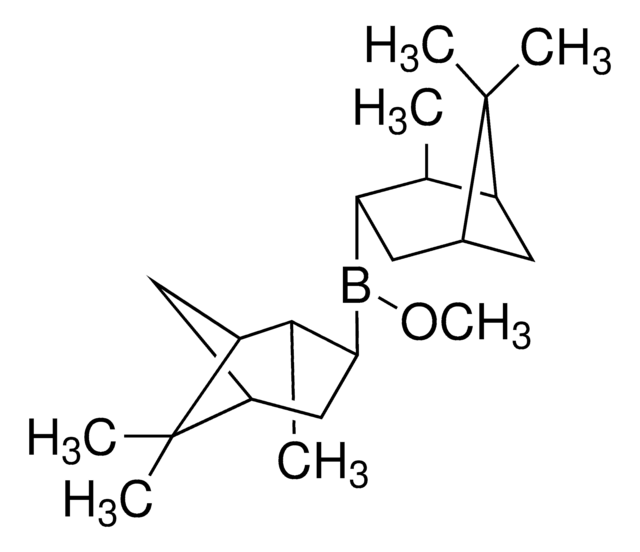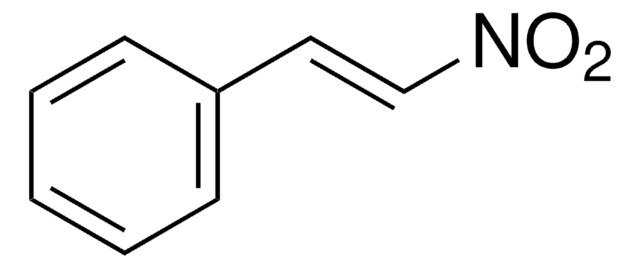343854
Methanol-d3
99.8 atom % D
Synonym(s):
1,1,1-Trideuteromethanol, Methyl-d3 alcohol
About This Item
Recommended Products
isotopic purity
99.8 atom % D
Assay
99% (CP)
form
liquid
expl. lim.
5.5-36.5 % (lit.)
technique(s)
NMR: suitable
impurities
≤0.05% water
water
refractive index
n20/D 1.327 (lit.)
bp
65 °C (lit.)
density
0.867 g/mL at 25 °C (lit.)
format
neat
mass shift
M+3
SMILES string
[2H]C([2H])([2H])O
InChI
1S/CH4O/c1-2/h2H,1H3/i1D3
InChI key
OKKJLVBELUTLKV-FIBGUPNXSA-N
Looking for similar products? Visit Product Comparison Guide
General description
Application
Recommended products
accessory
Signal Word
Danger
Hazard Statements
Precautionary Statements
Hazard Classifications
Acute Tox. 3 Dermal - Acute Tox. 3 Inhalation - Acute Tox. 3 Oral - Flam. Liq. 2 - STOT SE 1
Target Organs
Eyes,Central nervous system
Storage Class Code
3 - Flammable liquids
WGK
WGK 2
Flash Point(F)
51.8 °F - closed cup
Flash Point(C)
11 °C - closed cup
Personal Protective Equipment
Regulatory Listings
Regulatory Listings are mainly provided for chemical products. Only limited information can be provided here for non-chemical products. No entry means none of the components are listed. It is the user’s obligation to ensure the safe and legal use of the product.
FSL
Group 4: Flammable liquids
Alcohols
Hazardous rank II
ISHL Indicated Name
Substances Subject to be Indicated Names
ISHL Notified Names
Substances Subject to be Notified Names
JAN Code
343854-5G:4548173138084
343854-VAR:
343854-10G:4548173138060
343854-5X5G-N:
343854-BULK:
343854-1G:4548173138077
Choose from one of the most recent versions:
Already Own This Product?
Find documentation for the products that you have recently purchased in the Document Library.
Customers Also Viewed
Our team of scientists has experience in all areas of research including Life Science, Material Science, Chemical Synthesis, Chromatography, Analytical and many others.
Contact Technical Service










